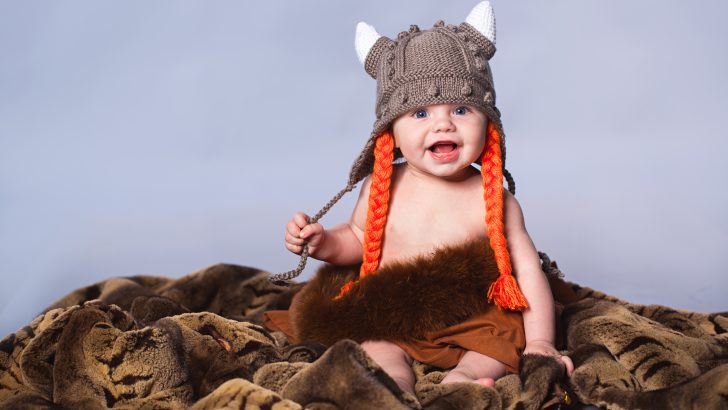The rich and fascinating history of the Vikings continues to captivate the world, and their names carry a timeless charm that reflects their strength, resilience, and deep connection to Norse mythology and culture.
Many Nordic and Viking-inspired names have not only endured but have also gained global popularity for their powerful meanings and evocative sounds.
This article explores 16 of the most popular Viking and Nordic names, delving into their origins, significance, and the legendary figures who made them iconic.
Whether tied to gods, warriors, or queens, these names offer a glimpse into a heroic past while remaining relevant in modern naming trends.
1. Bjorn

Description: Derived from Old Norse Bjǫrn, meaning “bear,” Bjorn symbolizes strength, bravery, and resilience.
Facts: This name was commonly used by Viking warriors and chiefs. It remains popular in Scandinavian countries and gained global attention through the Viking warrior Bjorn Ironside from Norse sagas.
In a dense forest surrounded by towering pines, Bjorn stood watch over his village, a shield in one hand and a battle axe in the other. Known as “the Bear,” he once fought off a pack of wolves to protect his people. His strength and courage earned him not just respect but the love of his clan, who believed he embodied the spirit of the great forest bear.
2. Freya
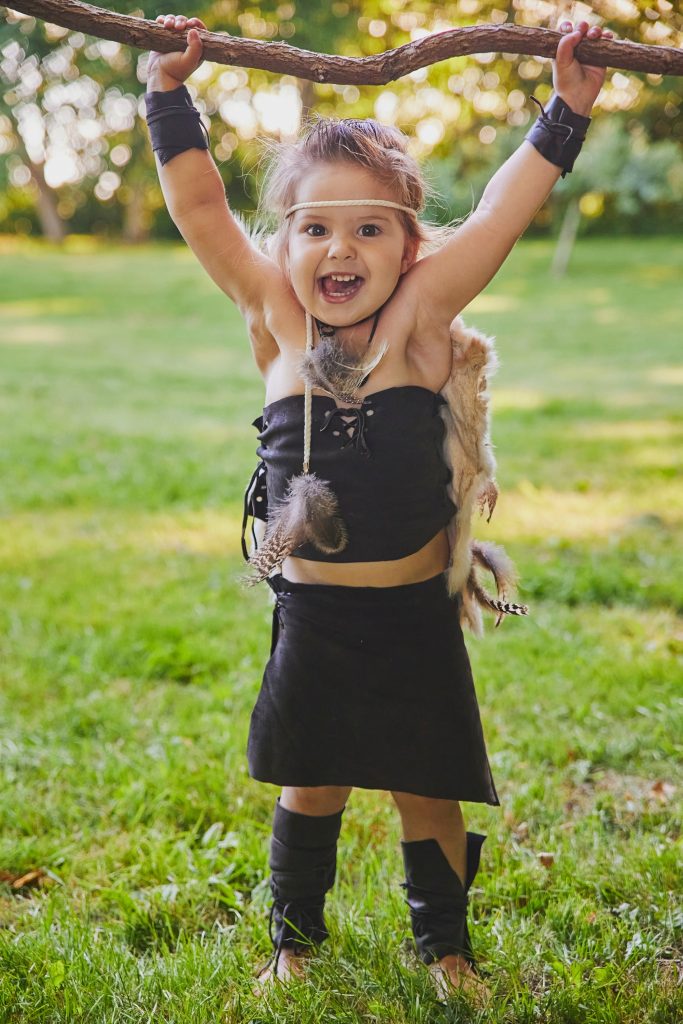
Description: A name rooted in Old Norse mythology, Freya means “lady” and is associated with the goddess of love, beauty, and fertility.
Facts: Freya is one of the most widely recognized Viking names, often associated with feminine strength and grace. It has grown in popularity globally in recent years.
Freya wandered the blooming meadows, her golden hair catching the sunlight. She was a healer and a weaver, crafting remedies from wild herbs and beautiful tapestries of mythic tales. One day, a traveling bard sang songs of her beauty and kindness, and soon Freya’s name became known far and wide as a symbol of love and grace.
3. Leif
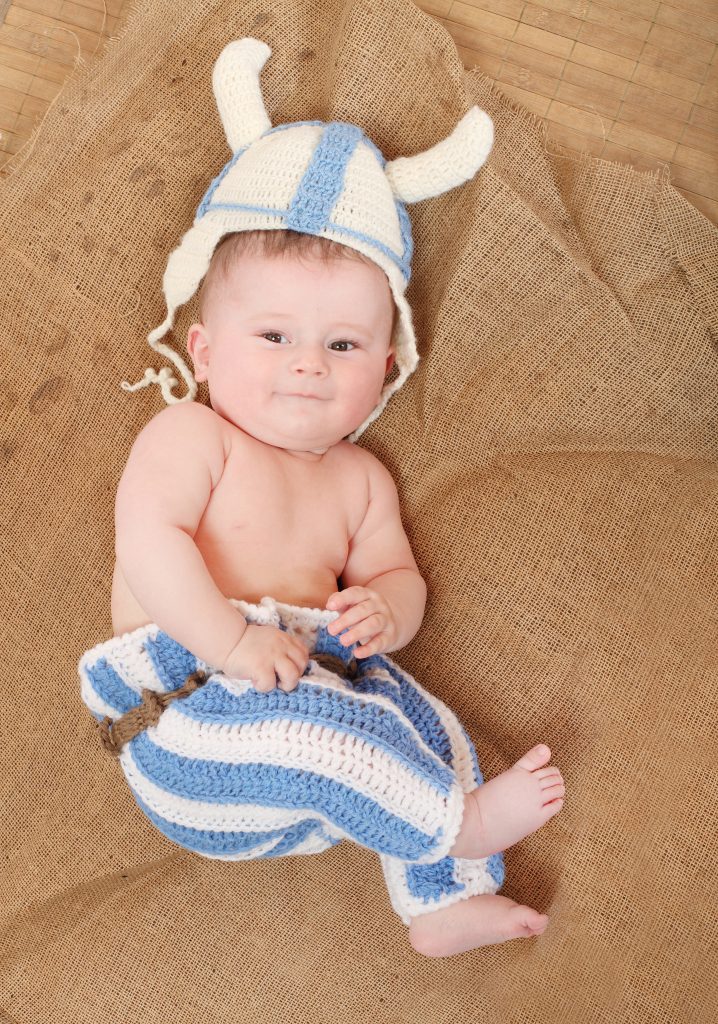
Description: Meaning “heir” or “descendant” in Old Norse, Leif was a common name among Viking explorers.
Facts: Leif Erikson, a legendary Norse explorer, was among the first Europeans to reach North America. His name symbolizes adventure and discovery.
Leif set sail with a fearless heart, determined to explore the unknown. With only the stars to guide him, he landed on a lush, untouched shore—what many believe to be Vinland. His journey inspired future explorers, and he returned to his homeland with stories of fertile lands across the seas.
4. Astrid

Description: Derived from Old Norse Ástríðr, meaning “divine strength” or “beautiful goddess.”
Facts: A classic Scandinavian name, Astrid remains popular in modern times, often associated with literary and royal heritage, including Princess Astrid of Norway.
Astrid was a shieldmaiden who trained alongside the warriors of her village. In a fierce battle against an invading force, she led her people to victory with her quick thinking and unyielding spirit. Her name, meaning “divine strength,” became a rallying cry for women seeking to prove their worth.
5. Erik
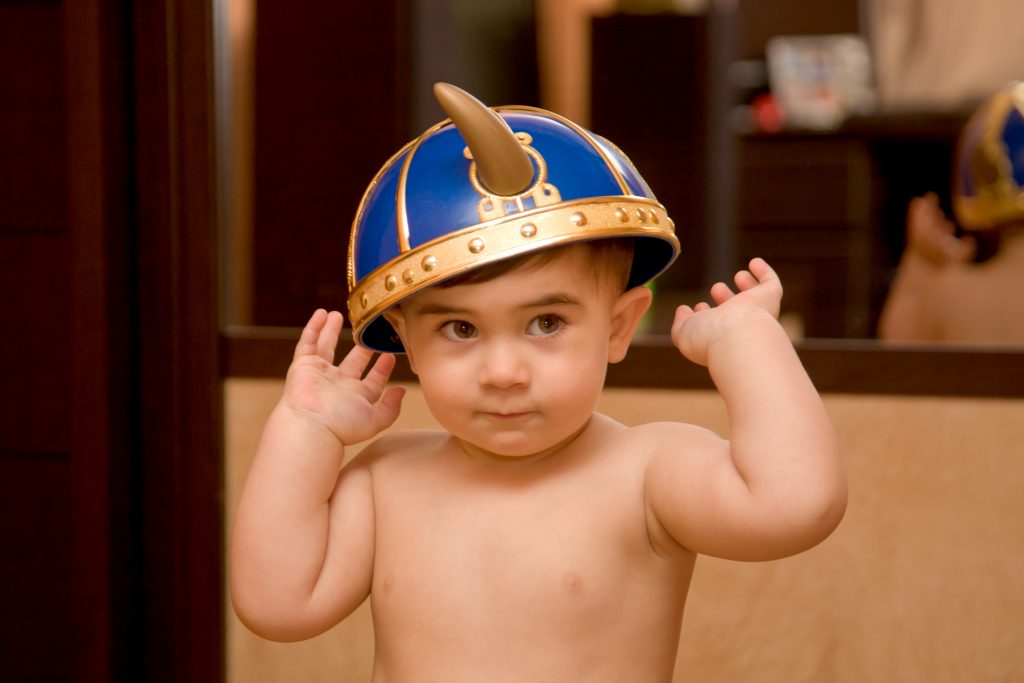
Description: A name of Old Norse origin meaning “eternal ruler” or “ever-powerful.”
Facts: Erik the Red, a famous Viking chieftain, is credited with founding the first Norse settlement in Greenland. The name Erik symbolizes leadership and boldness.
Erik, a fearless chieftain, united warring tribes under one banner. Known as the “eternal ruler,” he ruled with fairness and wisdom, ensuring peace for his people. His leadership was so revered that songs of his deeds were passed down for generations, preserving his legacy.
6. Sigrid
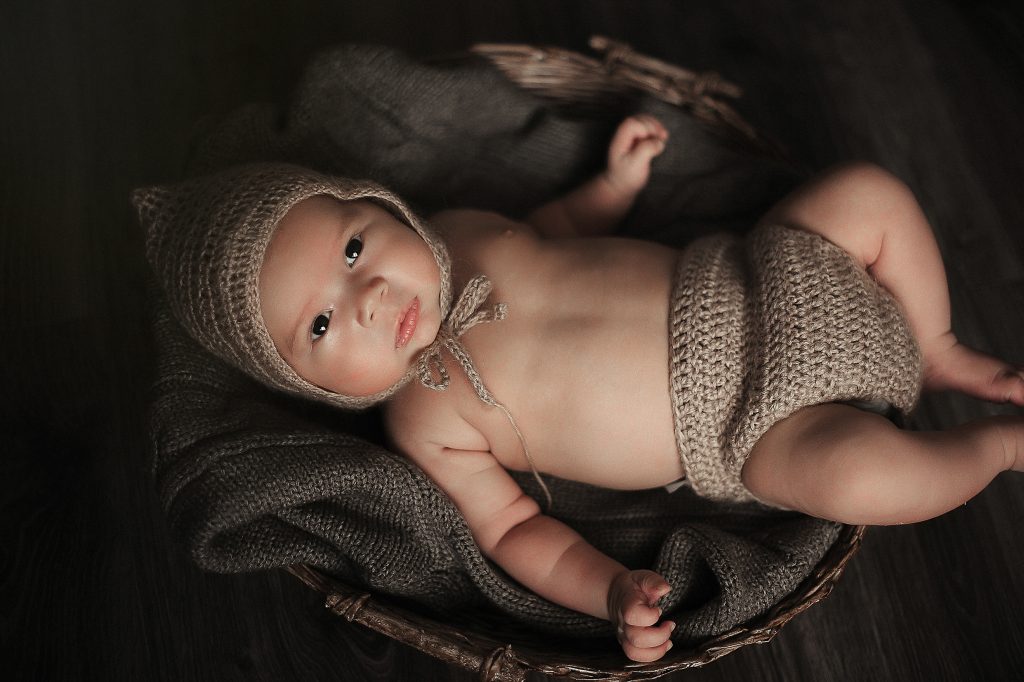
Description: Derived from Old Norse Sigríðr, meaning “victory” and “beautiful” or “peaceful.”
Facts: Sigrid is a name often associated with strong and independent Viking women, including the legendary Queen Sigrid the Haughty of Sweden.
Sigrid was renowned for her sharp wit and unmatched beauty. When a neighboring king proposed to her, she refused, saying she would not be ruled. Angered, he sent warriors to capture her, but Sigrid outsmarted them with clever traps and alliances, earning her the name “Sigrid the Haughty.”
7. Thor
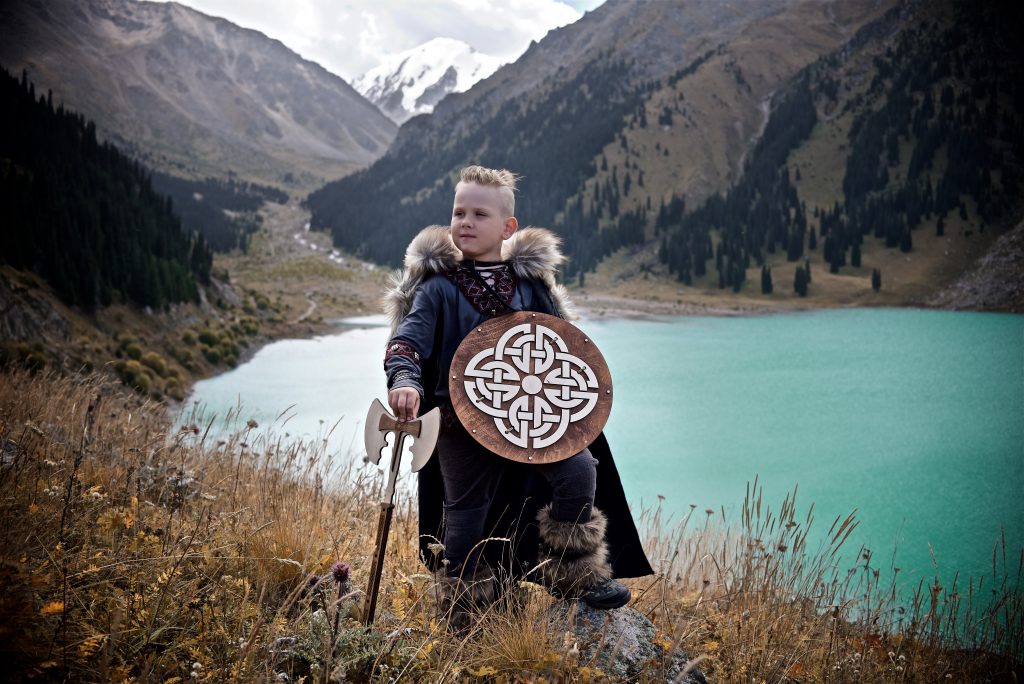
Description: Named after the Norse god of thunder and storms, Thor is synonymous with power and protection.
Facts: Thor was one of the most revered gods in Norse mythology, and the name remains iconic, symbolizing strength and heroism.
Thor, a blacksmith in a coastal village, bore the name of the mighty god of thunder. One stormy night, when lightning struck a nearby tree, he forged a mighty hammer from the fallen wood and iron. He used it to protect his village from raiders, and the people believed he was blessed by the god himself.
8. Ingrid

Description: Derived from Old Norse Ingríðr, meaning “beautiful” and “beloved by Ing” (a Norse deity).
Facts: Ingrid is a timeless name in Scandinavia and beyond, known for its elegance and association with beauty, including the iconic actress Ingrid Bergman.
Ingrid was a wise woman who could interpret dreams. When a young warrior sought her counsel, she told him of a great battle where his bravery would turn the tide. Her vision came true, and the warrior credited his victory to Ingrid’s foresight, making her a revered figure in the village.
9. Ragnar

Description: Meaning “warrior of the gods” or “counsel in battle,” Ragnar is a powerful Old Norse name.
Facts: Ragnar Lothbrok, a legendary Viking hero and king, made this name iconic. It symbolizes bravery, leadership, and Viking heritage.
Ragnar, a cunning and ambitious leader, was known for his daring raids. One of his most famous feats was navigating his longship upriver to the gates of a powerful city, demanding gold to spare its people. His bravery and strategic mind made him a legend among the Vikings.
10. Helga

Description: A name derived from Old Norse heilagr, meaning “holy” or “blessed.”
Facts: Helga was a common name among Viking women and remains a traditional name in Nordic countries. It’s often associated with spiritual purity.
Helga was the village’s spiritual guide, performing sacred rituals to honor the gods. When her people faced a harsh winter, she prayed to Freyr for a bountiful harvest. When the spring came and crops flourished, the villagers believed Helga was favored by the gods, calling her “Helga the Blessed.”
11. Ivar

Description: Derived from Old Norse Ívarr, meaning “archer” or “warrior.”
Facts: Ivar the Boneless, a Viking warrior and chieftain, made this name legendary. The name signifies tactical intelligence and bravery.
Ivar, a young warrior born with weak legs, was nicknamed “the Boneless.” Despite his physical challenges, he became a brilliant tactician. Leading his army to victory with clever strategies, he proved that strength of mind could overcome any limitation, inspiring his warriors to fight with unmatched loyalty.
12. Liv
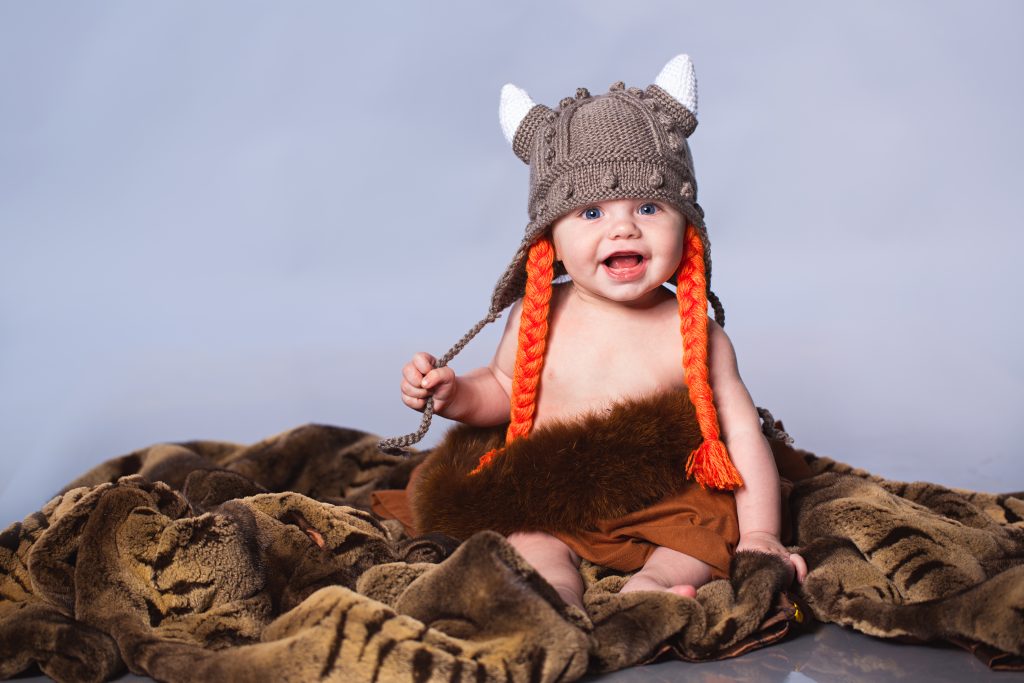
Description: From Old Norse hlíf, meaning “protection” or “life.”
Facts: Liv is a simple yet beautiful name that has grown in popularity worldwide. It reflects vitality and strength, often associated with modern Nordic culture.
Liv, whose name meant “life,” survived a shipwreck during a fierce storm. Stranded on a rocky island, she used her knowledge of the sea to catch fish and build shelter. Weeks later, she was rescued and brought home, where she became a symbol of resilience and hope for her people.
13. Torsten

Description: A bold name meaning “Thor’s stone,” symbolizing strength and protection.
Facts: This name was popular among Viking warriors and leaders who sought Thor’s favor in battle.
named Torsten. His name, meaning “Thor’s stone,” foretold his destiny. He was no ordinary smith; his hands could shape metal as if it were clay, and his forge glowed brighter than any in Midgard.
One stormy night, a cloaked traveler arrived at Torsten’s forge. The stranger revealed himself to be Thor, the god of thunder, his hammer Mjölnir cracked from a fierce battle with the giants. Thor demanded Torsten’s aid in reforging the sacred weapon, warning that without it, Asgard would fall.
14. Solveig

Description: A radiant name meaning “sun strength” or “sun path.”
Facts: It was a common name for women in Viking times, symbolizing light and guidance. In modern culture, Solveig is well-known from Henrik Ibsen’s play Peer Gynt.
In the ancient days, when the gods shaped the world, darkness often sought to swallow the light. Solveig, whose name means “sun strength,” was a mortal maiden chosen by Sól, the goddess of the sun, to guard the light’s path across the heavens.
Born during the darkest winter, Solveig possessed a radiant spirit that could dispel shadows. Sól saw this and tasked her with a perilous mission: to journey to the peak of Skyrfjell, where the wolves Sköll and Hati plotted to devour the sun. If Solveig could place Sól’s enchanted shield at the mountain’s summit, the sun’s path would be safe for another age.
15. Viggo

Description: A fierce name meaning “battle” or “warrior.”
Facts: Viggo was often given to boys born into families of warriors or those destined for a life of bravery. Modern associations include the actor Viggo Mortensen, bringing renewed attention to the name.
In the age of the gods, Viggo was a mortal warrior renowned for his unbreakable spirit. His name, meaning “battle,” was whispered with awe across Midgard. Viggo was a lone wanderer, seeking glory not for riches but to etch his name into the sagas of eternity.
One fateful winter, Viggo encountered a village under siege by frost giants sent by Jötunheim. The villagers begged for his aid, offering food and shelter in return. Viggo agreed, not out of greed, but to prove his mettle against creatures of legend.
16. Hilda

Description: A warrior’s name meaning “battle woman” or “fighter.”
Facts: In Norse mythology, Hildr was a Valkyrie who had the power to revive fallen warriors to continue their fights.
In the realm of Norse mythology, Hilda was no ordinary mortal—she was a Valkyrie, a chooser of the slain. Her name, meaning “battle,” echoed her unyielding spirit. Hilda served Odin, the Allfather, who entrusted her with guiding fallen warriors to Valhalla, where they would prepare for Ragnarok.
But Hilda’s tale diverged from that of her Valkyrie sisters. She possessed a unique power: the ability to revive fallen warriors. As battles raged across Midgard, Hilda wandered the blood-soaked fields, raising the slain to fight once more. Her presence was both a blessing and a curse, for she could prolong battles indefinitely.
Her story became a cautionary tale of love, power, and the relentless nature of war, a reminder of the thin line between valor and destruction.
17. Eirik

Description: A strong variation of Erik, Eirik means “eternal ruler” or “ever-powerful” in Old Norse.
Facts: The name was commonly used among Viking leaders and kings, symbolizing authority and resilience. Eirik the Red, one of the most famous Viking explorers, was known for founding the first Norse settlements in Greenland.
Eirik stood atop the cliffs of his new land, the salty wind whipping through his red hair. Banished from Iceland, he had sailed into the unknown, determined to carve a home from the icy wilderness. With sheer will and unrelenting determination, he built a thriving settlement, proving that even exile could not break a true Viking’s spirit.

